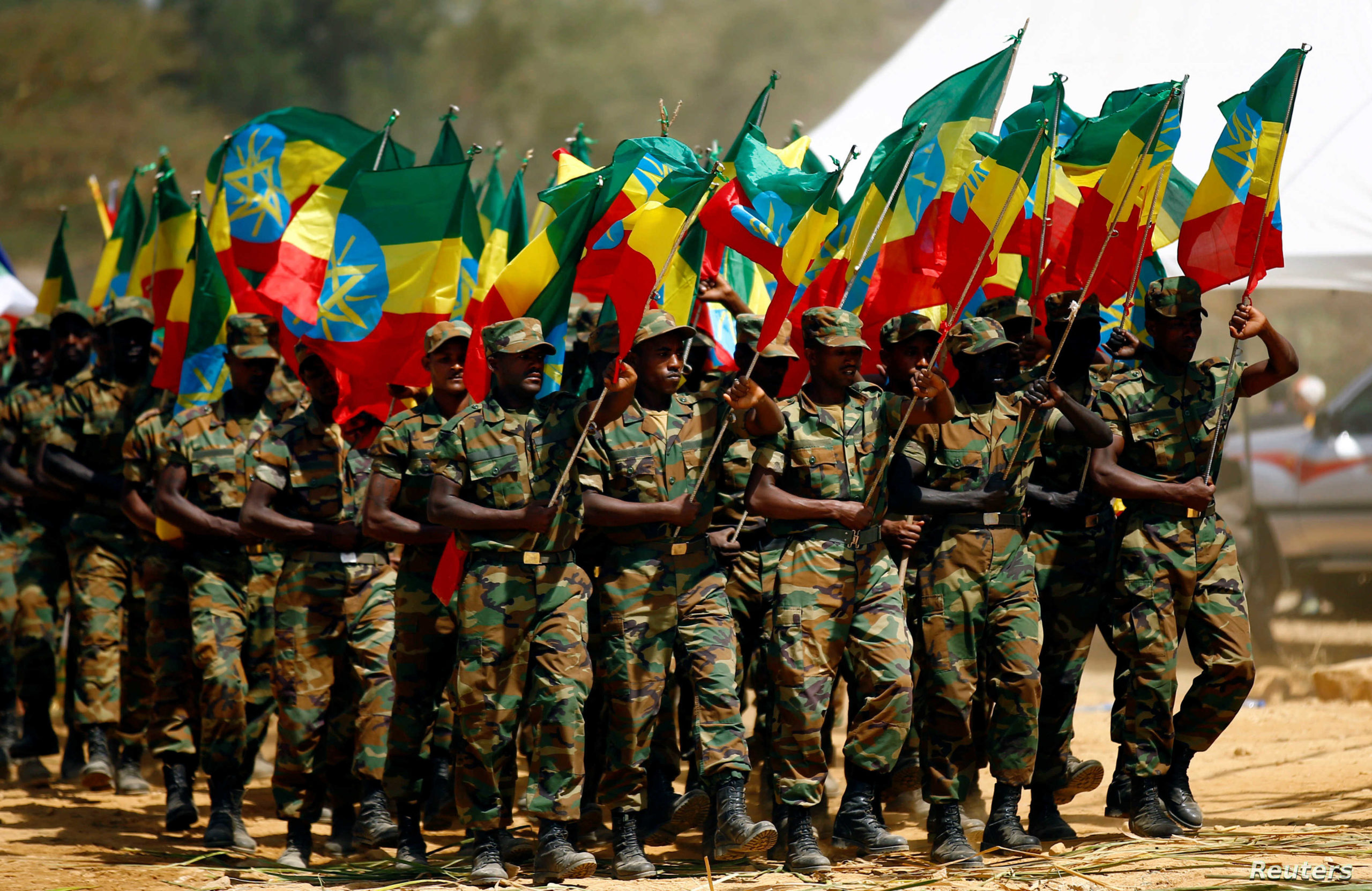The clearly visible and practically tangible escalation in tensions between Ethiopia on the one hand and Somalia and Egypt on the other calls into question the prospects for peaceful coexistence of virtually all the Horn of Africa states.

A General Overview
Overall, there are two most logical starting points for the current round of escalation. In line with the broader approach, the preconditions for the confrontation we are witnessing were laid in 2020-2022 during the armed phase of the Tigray conflict—nominally an intra-Ethiopian crisis, which in practice had a colossal impact on the region-wide system of interstate relations and security. It appears that the success of Abiy Ahmed’s government in that war created favorable conditions in the Ethiopian political landscape for the consolidation of power in the hands of the federal center and its subsequent pivot to foreign policy issues. At the same time, it is also appropriate to take the position that the starting point of the “Ethiopia vs. the rest” conflict should be considered to be Abiy Ahmed’s autumn statements, which put forth claims for his country to receive direct access to the sea, and, as the first phase of the conflict, the signing of the Memorandum of Understanding between Ethiopia and the unrecognized state of Somaliland. Seen from one perspective, such a view leaves the underlying causes of the growing tension in the region in the background; alternatively, this view allows us to delve more deeply into the dynamics of events, limiting the period under study to a fairly tangible time frame.
So, after Abiy Ahmed’s statements, which received the widest international resonance, proclaiming Ethiopia’s right to direct access to the sea and offering cooperation between Addis Ababa and its neighbors in exchange for economic preferences, the information space of the region was engulfed by a real war of narratives and discourses: all of Ethiopia’s neighbors, in more or less harsh tones, expressed dissatisfaction with the Ethiopia’s position. The fact is that Eritrea, Djibouti and Somalia, being disproportionately inferior to their common neighbor in economic and military terms, are extremely wary of any possible manifestations of imperial ambitions on the part of the heir to Abyssinia, and they understand that almost any compromise on this issue will strengthen Ethiopia’s position in the region.
The second “pre-escalation” phase took place in January and February 2024: the appearance in the public space of information about the achievement of a historic agreement between Addis Ababa and Hargeisa caused a real wave of indignation on the part of the federal government of Somalia and its Egyptian partners, who, in light of the emerging opportunity to cause trouble for their increasingly powerful opponent, soon acquired the unofficial status of an “ally” of Mogadishu. In fact, at this stage, the boundaries of two opposing blocs were outlined: Ethiopia, which has the support of its “junior” partner, Somaliland, and a close alliance of Mogadishu and Cairo, indirectly supported by the government of Eritrea. However, although the parties came very close to exchanging direct threats, there was still considerable room for maneuvering: (1) the Ethiopia-Somaliland Agreement was not ratified, (2) Addis Ababa had not yet launched the procedure for officially recognizing Somaliland’s independence and (3) Somalia and Egypt had not taken steps aimed at creating the preconditions for armed escalation. A semblance of status quo was maintained until the summer of 2024: against the backdrop of the ongoing rapprochement between Mogadishu and Ankara, conditions emerged for Turkish mediation in resolving the Ethiopian-Somali disagreement due to Turkey’s interest in cooperating with both states. However, two rounds of talks in Ankara did not lead to any visible successes, and in August the conflict entered its third phase.
Ivan Kopytsev, a political scientist, junior research fellow at the Center for the Study of North Africa and the Horn of Africa at the Institute of African Studies of the Russian Academy of Sciences; a research intern at the Center for Middle Eastern and African Studies at the Institute of International Relations of the Moscow State Institute of International Relations of the Ministry of Foreign Affairs of the Russian Federation, exclusively for the magazine “New Eastern Outlook”
